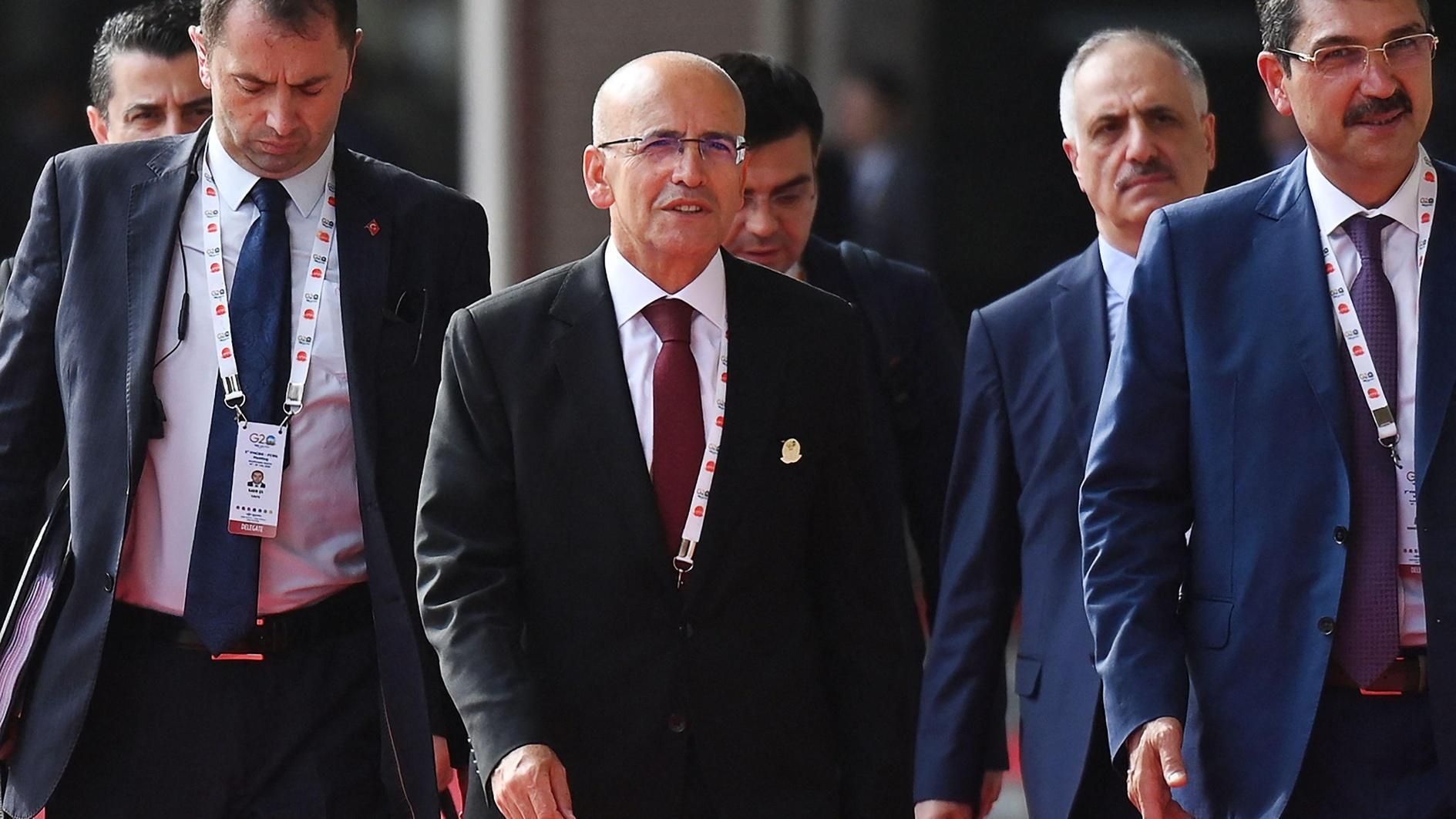Turkey to offer free Internet to poor families
ANKARA – Anadolu Agency
 Individuals and families with low incomes in Turkey will receive free Internet access under a new government measure.
Individuals and families with low incomes in Turkey will receive free Internet access under a new government measure.According to the Ministry of Development’s 2015-2018 Information Society Strategy and Action Plan, the aim to provide free Internet is to reduce the digital divide in society by providing Internet access to Turkey’s poorest, giving families with students the priority.
Users will have unlimited access to certain websites deemed useful to students and families. Usage quotas will apply for browsing the rest of the web.
The plan also includes an upgrade to Internet infrastructure and will make it compulsory for new buildings to be Internet-ready.
A government survey in August 2014 found 42.8 percent of households do not have Internet at home because they “have no need” for it. Another 31.9 percent said access costs are too high.
About 60.2 percent of households in the country already have Internet access at home, up from 49.1 percent in April 2013, according to the Turkish Statistical Institute.
While Turkey has a population of approximately 80 million people and its GDP per capita was around $10,000 in 2014, the minimum wage was only 950 Turkish Liras ($362).
While the state is preparing to offer free Internet to poor families, it is also getting ready to offer fourth-generation (4G) mobile data services to consumers by the end of this year.
Transport and Communications Minister Lütfi Elvan said on March 4 that their aim was to enable a least 90 percent of the population to have 4G coverage in the next six years.
While 3G technology is a relatively new development in Turkey, having only been introduced in 2008, it has expanded very quickly. There were around 58 million 3G subscribers in Turkey at the end of 2014, and 71.8 million mobile phones, according to a report prepared by the Information and Communication Technologies Authority. This is much higher than the European average of around 30 percent.
















